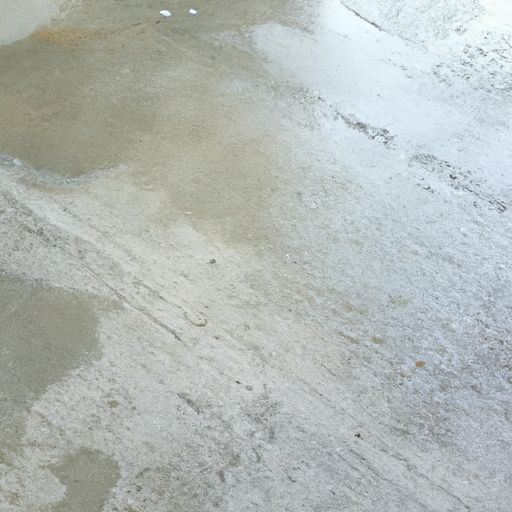moisture-proof layer for cement floor ;
How to Choose the Right Moisture-Proof Layer for Your Cement Floor
When choosing a moisture-proof layer for your cement floor, it is important to consider the environment in which the floor will be installed. Moisture-proof layers are designed to protect the cement floor from water damage, so it is important to select a product that is suitable for the environment in which it will be used.
The first step in selecting the right moisture-proof layer for your cement floor is to determine the level of moisture that the floor will be exposed to. If the floor will be exposed to high levels of moisture, such as in a bathroom or kitchen, then a more robust moisture-proof layer should be chosen. On the other hand, if the floor will be exposed to low levels of moisture, such as in a living room or bedroom, then a less robust moisture-proof layer may be sufficient.
The next step is to consider the type of moisture-proof layer that is best suited for the environment. There are several types of moisture-proof layers available, including epoxy, polyurethane, and acrylic. Each type of moisture-proof layer has its own advantages and disadvantages, so it is important to select the one that is best suited for the environment in which it will be used.
Finally, it is important to consider the cost of the moisture-proof layer. Moisture-proof layers can range in price from relatively inexpensive to quite expensive, so it is important to select a product that fits within your budget.
By considering the environment in which the floor will be installed, the type of moisture-proof layer that is best suited for the environment, and the cost of the product, you can ensure that you select the right moisture-proof layer for your cement floor.
The Benefits of Installing a Moisture-Proof Layer on Your Cement Floor
Installing a moisture-proof layer on your cement floor is an excellent way to protect your floor from water damage and other issues. This layer can help to prevent water from seeping into the cement and causing damage to the underlying structure. Additionally, it can help to reduce the amount of dust and dirt that accumulates on the surface of the floor. Here are some of the benefits of installing a moisture-proof layer on your cement floor.
First, a moisture-proof layer can help to protect your floor from water damage. Water can seep into the cement and cause it to crack and crumble, leading to costly repairs. By installing a moisture-proof layer, you can help to prevent this from happening. Additionally, the layer can help to reduce the amount of water that is absorbed into the cement, which can help to reduce the risk of mold and mildew growth.
Second, a moisture-proof layer can help to reduce the amount of dust and dirt that accumulates on the surface of the floor. This layer acts as a barrier, preventing dust and dirt from settling into the cement and causing it to become discolored or stained. Additionally, the layer can help to reduce the amount of time that it takes to clean the floor, as it will be easier to remove dirt and dust from the surface.
Finally, a moisture-proof layer can help to improve the overall appearance of your floor. The layer can help to make the floor look more attractive and can help to make it easier to maintain. Additionally, the layer can help to reduce the amount of time that it takes to clean the floor, as it will be easier to remove dirt and dust from the surface.
Installing a moisture-proof layer on your cement floor is an excellent way to protect your floor from water damage and other issues. This layer can help to prevent water from seeping into the cement and causing damage to the underlying structure. Additionally, it can help to reduce the amount of dust and dirt that accumulates on the surface of the floor. By installing a moisture-proof layer, you can help to protect your floor from water damage and improve its overall appearance.